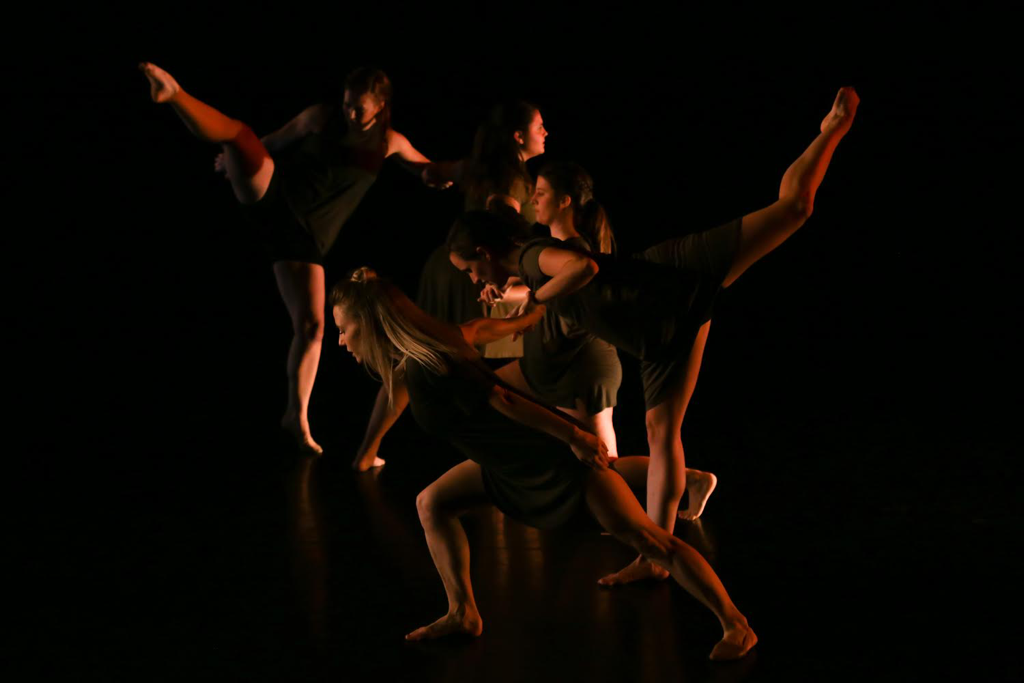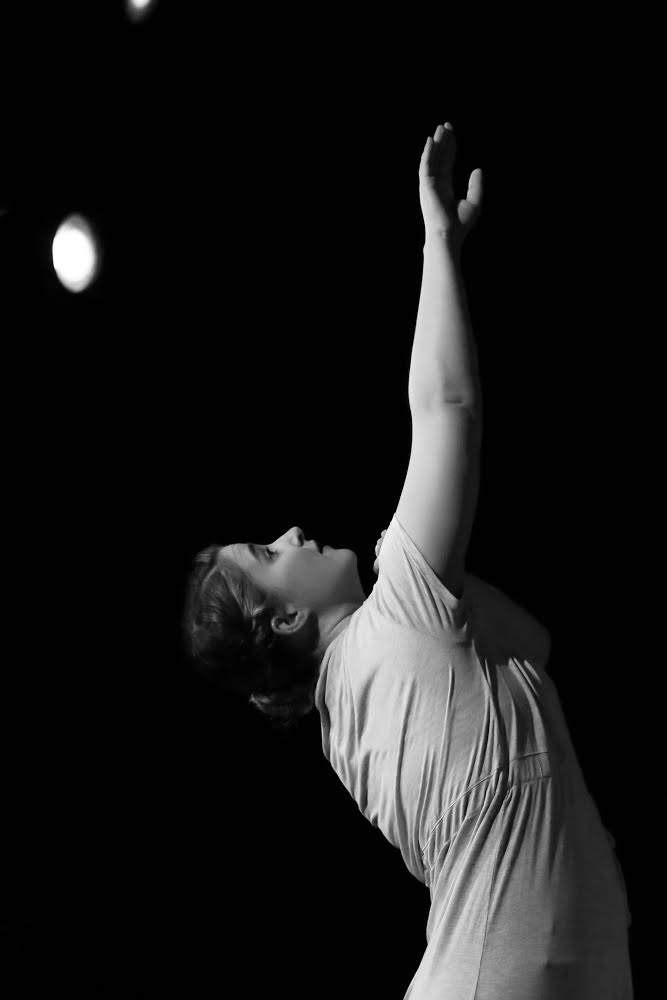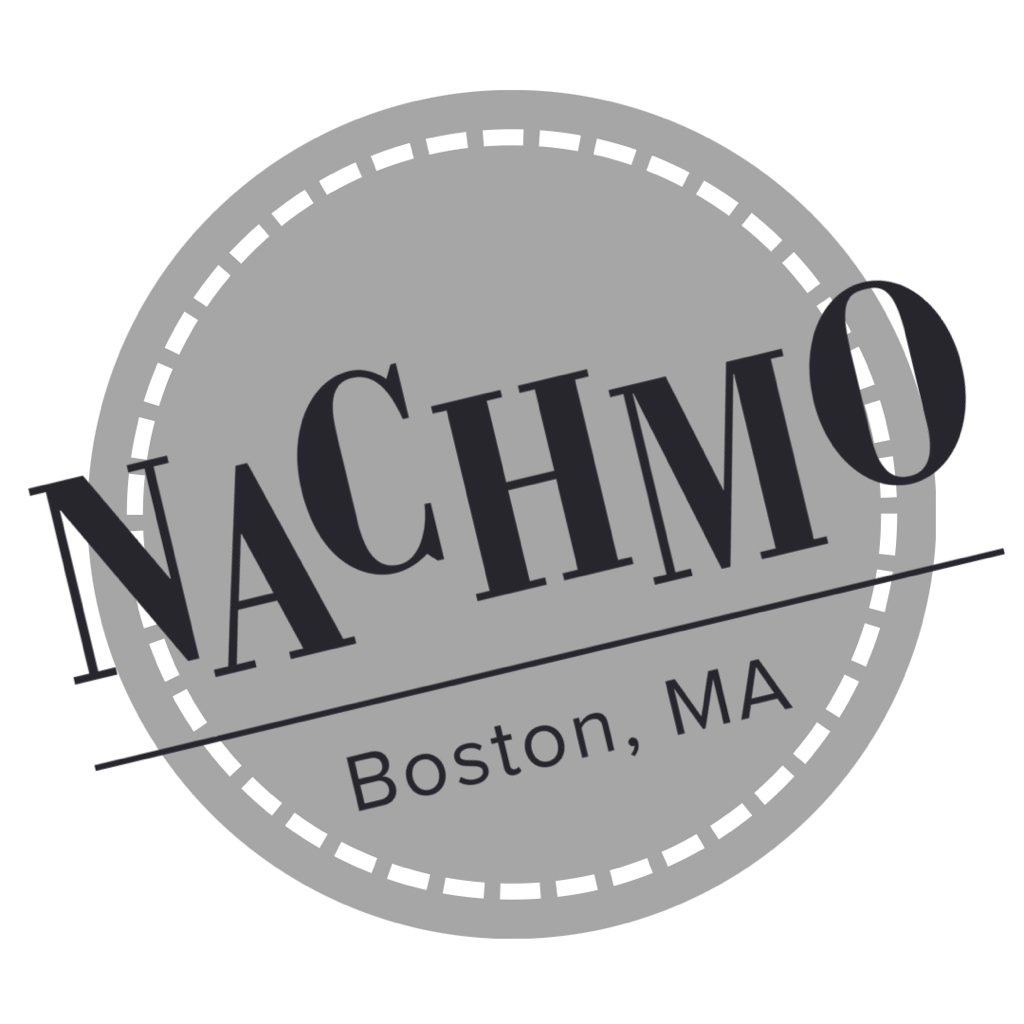|
By Nicole Harris January is National Choreography Month. We are working with NACHMO Boston again this year. I can’t wait to introduce you to all these incredible artists! First up is Alexandria Nunweiler from Alive Dance Collective. Follow NACHMO and Monkeyhouse on Instagram to learn more about this month’s events and participate in the #MonkeyhouseNACHMOChallenge! N: Your work is described as being “rooted in community, history, and daily life.” What does that mean for you? How do you involve those things in your process? AN: As the Alive Dance Collective we create dance for the human experience. We use that art to process and connect with others to better understand each other and grow as a community. Connecting that overarching theme to me and my process, I root my work in relatability and storytelling. Whether that be something as universal as your arm falling asleep, or the life of Henri Matisse, or the lore surrounding the Loch Ness monster I seek to surprise and connect with my audience on every level. N: I understand you grew up in a dance family. What was it like to be part of a studio owned by your mother? How did she impact the dancer you became? AN: Great question! I see my mom as the center pillar in my dance training and a wonderful mentor to how I create and teach today. I always refer to myself as a "studio brat" because I did my real growing up in a studio... and when I say "growing up" I mean from the womb until high school graduation-- my mom was still rolling around on the floor teaching Graham technique 9 months pregnant with me! My mom put a strong emphasis on education as well which pushed me to pursue my college degree in dance. I regularly return to Dance Theatre of Greenville to set work for my mom's students, teach master classes and attend performances. She runs a truly special program in the upstate of South Carolina and many (including me!) have benefitted from her education, approach and experience. N: This year’s NACHMO is different than anything we’ve done in the past, holding all events entirely virtually. How will you change your process to deal with the obstacles 2020 brings us? What is the first thing you will do when the month begins?
N: Alive has been part of NACHMO for many years, and you performed in 2020, but this is your first time choreographing for NACHMO. What are you most excited about in this process? What are you most nervous about?
AN: I am most excited to take on the challenge of a new work in one month. I love the open-endedness of NACHMO and that as long as you're creating you're right. Additionally, being a somewhat new member of the Alive Collective, I'm nervous/excited to work in the group as a choreographer for the first time and make something new with them. N: Who are your mentors? What makes those relationships special to you? What are you doing to pay forward the gifts they have given you? AN: I lean a lot on my mom as a mentor and I will be paying that one forward for the rest of my life. Outside of that relationship, I rely on a lot of peer-mentors. One person in particular is my collaborator Ashlea Sovetts who I am currently working with on a research project. She is the ultimate sounding board and creative yin to my yang. I'm able to pay this forward by participating in things like NACHMO where peer-mentorship is encouraged and growing the tightness of the dance community is a must. N: It is important to us that we continue to lift up other artists in our community. Who are some of your favorite local choreographers? Why? AN: Kristin Wagner has been a real inspiration to me personally. Her work is always so truthfully raw and I'm constantly reminded to dig deeper while working with and watching her. I'm also very inspired by Brian Feigenbaum. He really gave me my dance family in Boston when I first moved here and started showing up to his classes. He is so gifted in a way that transcends words and makes movement the only language that matters.
0 Comments
This July, David Parker will be influencing choreographers all over Boston. He's mentoring the Echoes, Emerging Artists Concert at Green Street Studios this weekend, and then he will scoot over to Concord to guide Summer Stages Choreographers' Project. He seemed like the perfect man to kick off our series on mentoring. Monkeyhouse's Nicole Harris shot off one tantalizing question. Just reading his well- crafted response reminds me why I emulate him so. -Karen Krolak
Nicole Harris: Unfortunately, it seems that lately so many programs like the Green Street Studios Emerging Artists Program are having to fold due to lack of funding, lack of resources or simply a lack of understanding as to why they are so important. As someone who has supported programs like this in the past I was wondering if you could take a minute and send me your thoughts on mentoring and why it is important to keep these programs alive. David Parker: I serve as mentor to dancers and choreographers on many levels. Being a mentor, as I understand it, goes beyond teaching and extends to providing opportunities and strategies for success including more personal things like how one speaks, dresses and carries oneself and assessing what kinds of psychological barriers may be providing interference. It’s a much more intimate role. I learned how to be a better person, a better man, from my mentors rather than just how to make my dances better. I try to offer the same to those I mentor in my own company. I want their presentation of self to reflect the best values we all share which is why we are a company and not a pick-up group. Choreographic mentorship like at Green Street Studios or at Juilliard where I serve as mentor to selected Senior choreographers is a bit more discreet. I try to uncover where their actual aesthetic values lie and to make them aware of what it is they’re really doing and what potential it has. I also try to evaluate how successfully they are doing what they do and provide them with a means to get closer to what they’re doing. As a teacher of dance composition I do different things. I try to give them choreographic strategies and structures that they would never normally use on their own. I don’t need to know their actual aesthetic values, I only need to give them more. I try to expand their range of choices available to them by giving them assignments which challenge and stretch their own preferences even to the point of contradicting them. This is, in some ways, at odds with mentorship but there is some overlap. In a mentor-mentee relationship the mentee is offering something of this own and the mentor is using it and extending it. My mentoring of my own dancers is good for my art and my company. In teaching, I’m at once more controlling and more at the student's service. |
Categories
All
Archives
April 2023
|
MONKEYHOUSE




 RSS Feed
RSS Feed
